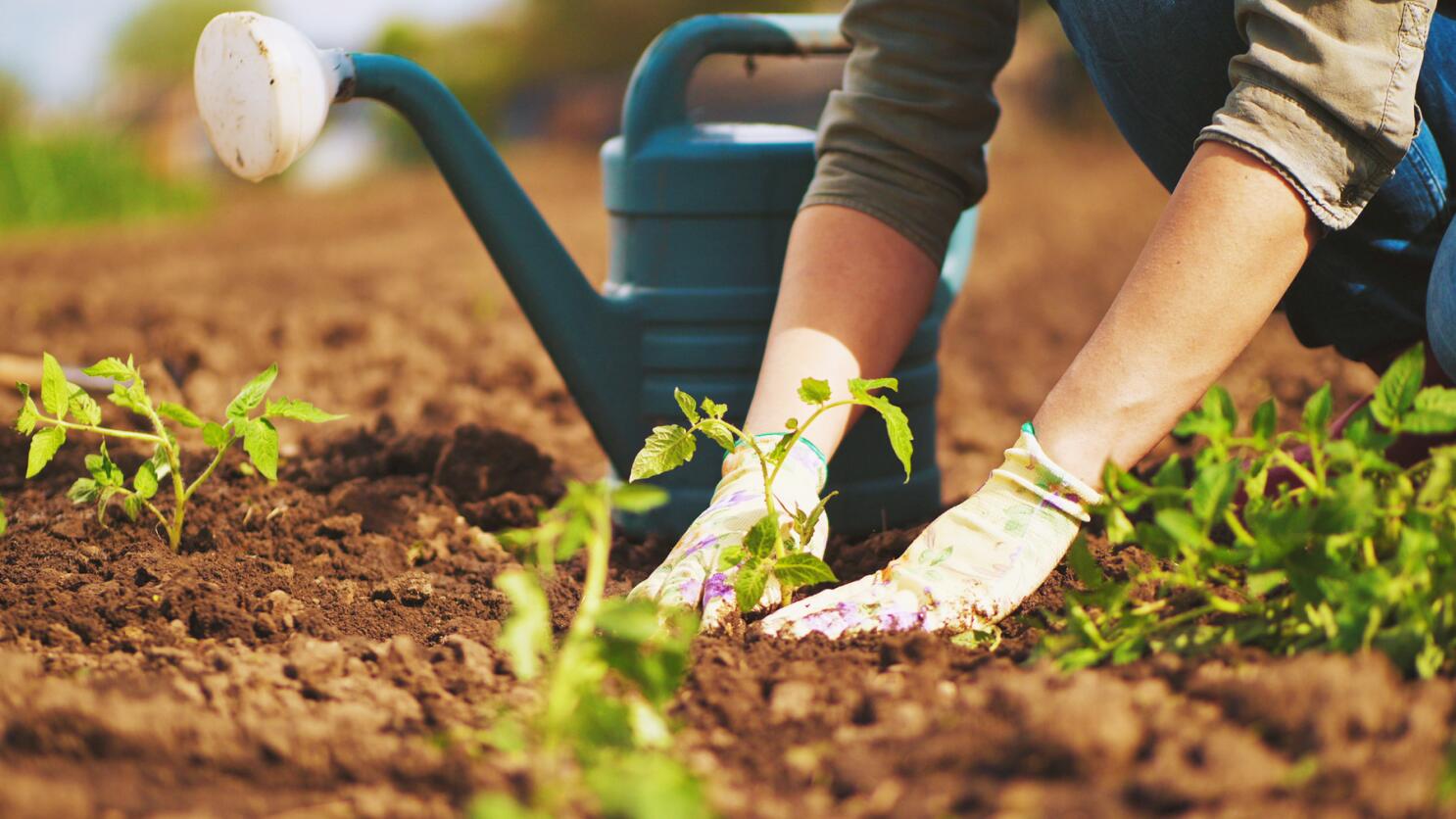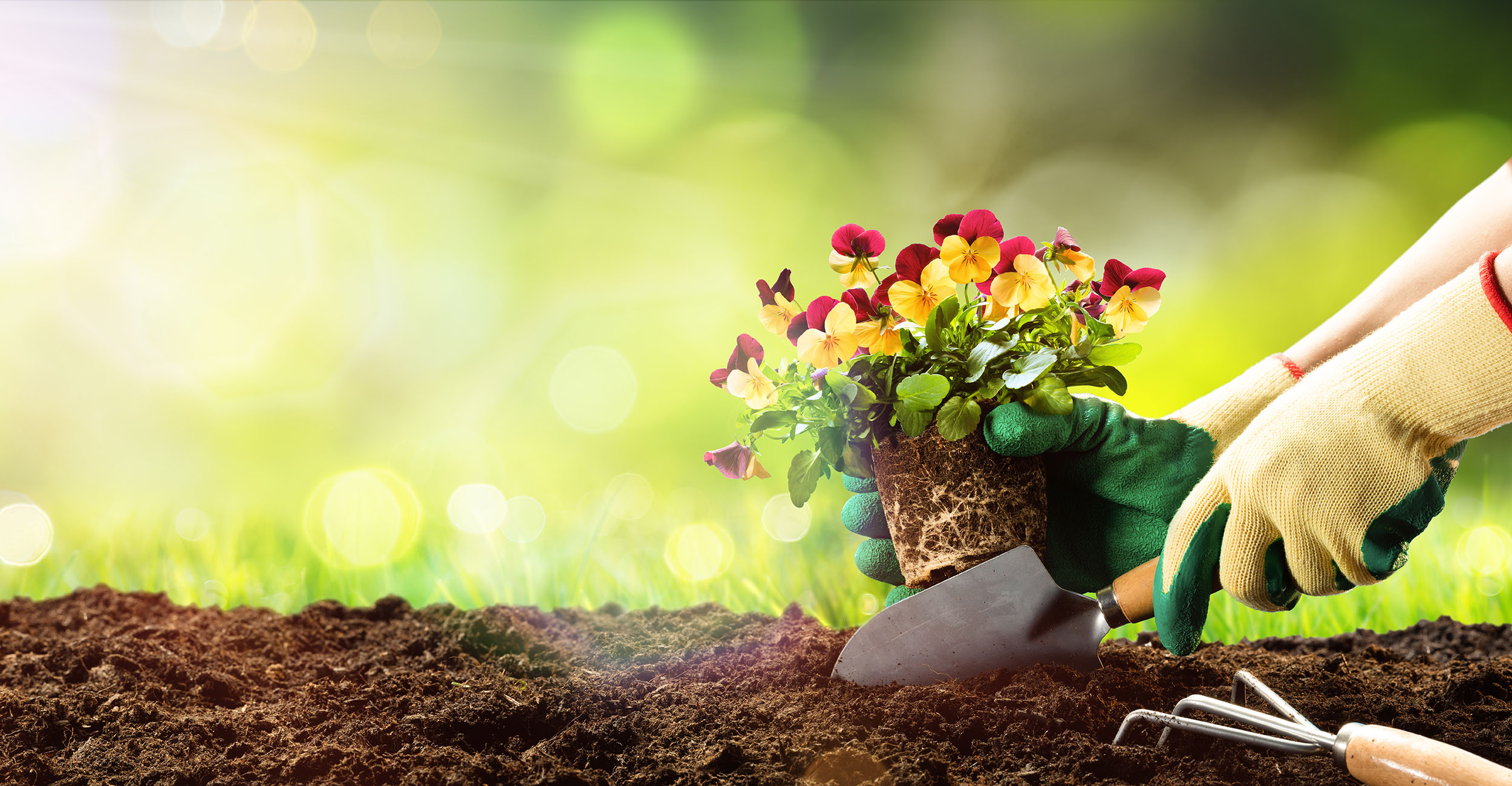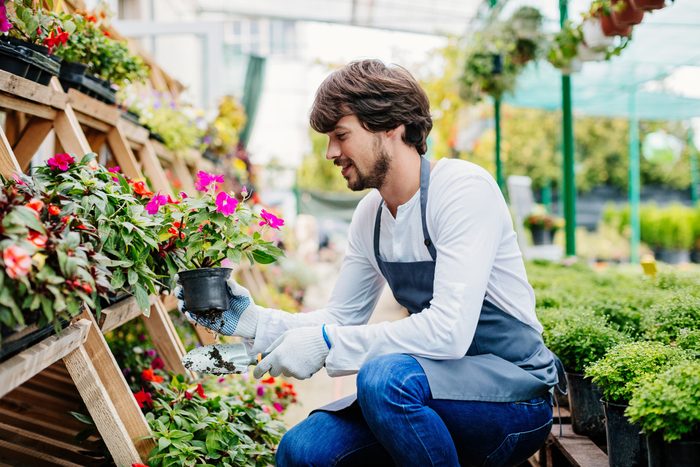Gardening 101: Building Your Ultimate Gardening Kit for Beginners
Wiki Article
Growing Eco-friendly Thumbs: a Novice's Journey Into the Globe of Horticulture
Are you anxious to obtain your hands unclean and begin expanding your very own yard? Look no more! In this article, we'll take you on a beginner's journey into the world of horticulture. You'll learn more about picking the right plants, recognizing dirt and garden compost, and crucial horticulture devices. We'll additionally show you sprinkling and fertilizing techniques and how to handle common yard parasites. Prepare yourself to cultivate your eco-friendly thumb and view your garden prosper!Selecting the Right Plants
1. First, you require to examine your gardening space and establish the variety of plants that will fit pleasantly. Because congestion can lead to stunted development and condition, this action is important. Action the measurements of your garden beds or pots and compute the available space. Think about the fully grown size of the plants you plan to expand. Some herbs and veggies need even more space than others, so it's essential to do your study.As soon as you have a clear concept of your gardening area, it's time to pick the right plants. Specific plants prosper in complete sunlight, while others prefer partial shade. This will help you select plants that are suited to your particular conditions.
If you're new to horticulture, choose for plants that are easy to expand and call for very little maintenance. Pick plants that have a shorter maturity duration if you live in a region with a much shorter expanding season.
Recognizing Dirt and Compost
To make certain the success of your yard, it is essential that you understand the relevance of soil and garden compost. Dirt is the foundation of your yard, supplying nutrients, water retention, and support for your plants. It is necessary to have a mutual understanding of your soil kind, whether it is sandy, clayey, or loamy, as this will determine the kinds of plants that will prosper in your garden. Garden compost, on the other hand, is a wonderful method to boost the high quality of your dirt. It is comprised of natural matter, such as cooking area scraps, yard waste, and leaves, that disintegrate in time. Including compost to your soil will certainly enrich it with necessary nutrients and improve its framework, permitting for much better water drain and aeration. You can either make your own garden compost using a compost container or purchase it from a garden facility. Remember, a abundant and healthy soil is the crucial to an effective garden, so make the effort to recognize your dirt and incorporate compost to guarantee your plants grow.
Necessary Gardening Devices
A good pair of gardening gloves is a must-have to protect your hands from thorns, prickly plants, and dirt. A yard hose or watering can is essential for keeping your plants hydrated. A sturdy pair of trimming shears or secateurs is essential for cutting and forming your plants.Watering and Feeding Methods

Dealing With Common Yard Vermin
As a beginner garden enthusiast, you might experience usual yard insects that can damage your plants. These insects can range from pests like aphids, beetles, and caterpillars, to tiny animals like squirrels and bunnies. It's important to be able to recognize and deal with these pests successfully in order to safeguard your plants and make certain a successful yard.One of the primary steps in taking care of yard pests is to consistently examine your plants for any kind of indications of problem. Seek eaten leaves, holes in the vegetation, or the existence of small pests. If you detect any bugs, it's crucial to take activity quickly to avoid them from spreading and creating additional damages.
There are several techniques you can utilize to regulate garden parasites. One choice is to make use of natural killers, such as ladybugs or hoping mantises, to help regulate the population of pests. You can additionally utilize physical obstacles, such as fences or netting, to maintain larger animals like rabbits out of your yard. In addition, there are organic insect control sprays available that can aid prevent and get rid of common yard insects.
Keep in mind, prevention is essential when it pertains to handling yard parasites. Keeping your yard clean and cost-free of debris can assist reduce the chance of a problem. Frequently eliminating weeds and gardening tools for beginners dead plants can likewise help eliminate concealing areas for bugs.

Conclusion
By choosing the right plants, comprehending dirt and garden compost, using important gardening devices, and understanding watering and feeding techniques, you have set yourself up for success. Don't fail to remember to remain cautious in dealing with common garden insects to ensure your plants prosper.Dirt is the structure of your yard, giving nutrients, water retention, and assistance for your plants. It is vital to have a good understanding of your soil type, whether it is sandy, clayey, or fertile, as this will certainly determine the kinds of plants that will certainly thrive in your yard. Remember, a fertile and healthy soil is the key to a successful yard, so take the time to recognize your dirt and include garden compost to ensure your plants flourish.
As a novice gardener, you may encounter common yard bugs that can unleash chaos on your plants. It's crucial to be able to deal and determine with these insects efficiently in order to safeguard your plants and ensure an effective yard.
Report this wiki page